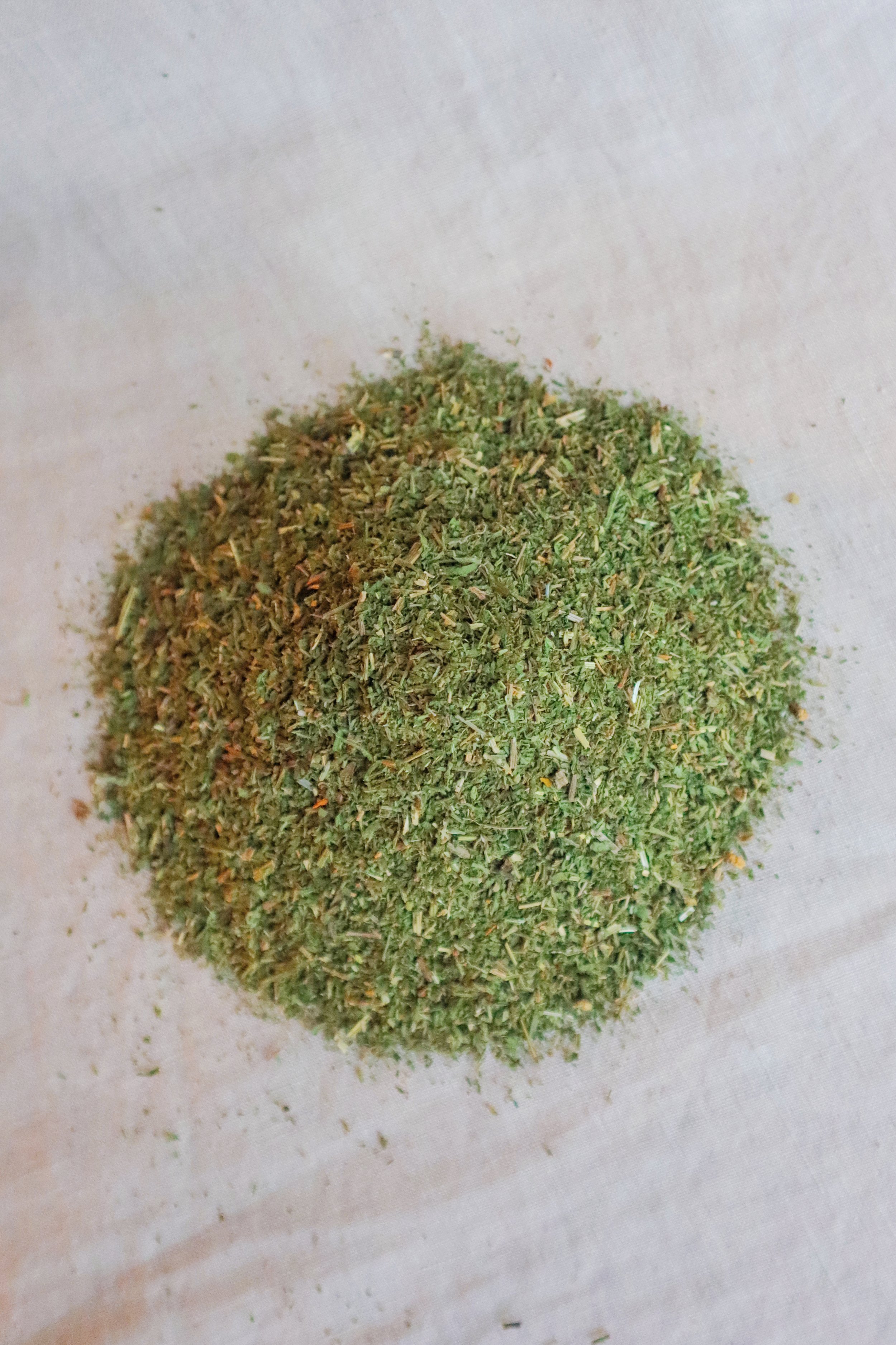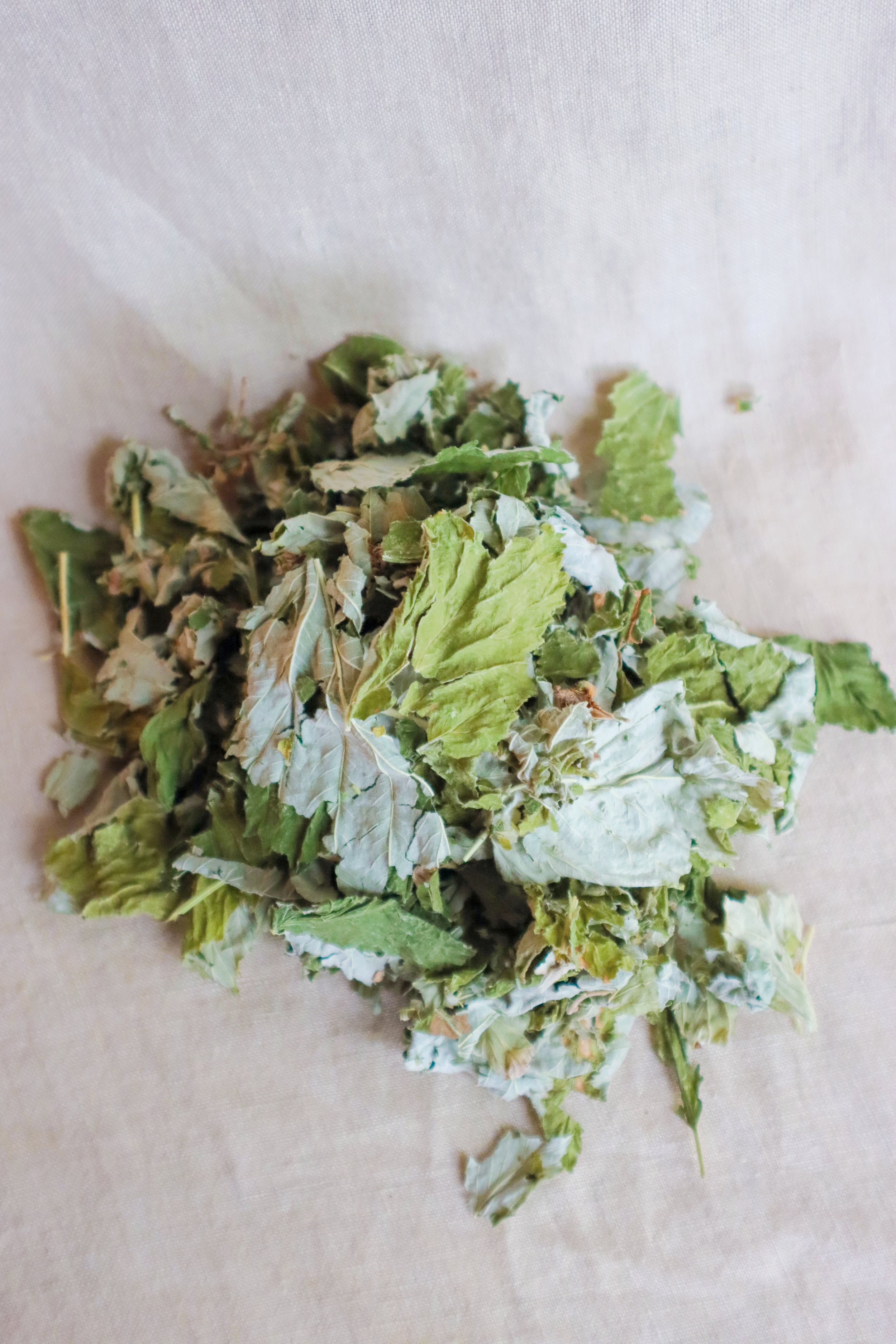ANGELICA | Angelica archangelica
As the name certainly indicates, this plant has been held in high regard, both as a medicinal healer of maladies and as a protective plant against evil spirits. Its uses go back, however, to pre-christian times as it has been used in folk customs to welcome in the warmth of spring and summer in some eastern European country customs.
Angelica has carminative, expectorant, diaphoretic, and emmenagogue properties. It contains a resin called Angelicin, which is known to stimulate the lungs, making angelica a wonderful remedy for chronic bronchitis, coughs, and colds.
Its aromatic flavor and bitterness allow it to be helpful in cases of colic and is often used in flavoring bitters.
Part: Root
Sold by the ounce
As the name certainly indicates, this plant has been held in high regard, both as a medicinal healer of maladies and as a protective plant against evil spirits. Its uses go back, however, to pre-christian times as it has been used in folk customs to welcome in the warmth of spring and summer in some eastern European country customs.
Angelica has carminative, expectorant, diaphoretic, and emmenagogue properties. It contains a resin called Angelicin, which is known to stimulate the lungs, making angelica a wonderful remedy for chronic bronchitis, coughs, and colds.
Its aromatic flavor and bitterness allow it to be helpful in cases of colic and is often used in flavoring bitters.
Part: Root
Sold by the ounce
As the name certainly indicates, this plant has been held in high regard, both as a medicinal healer of maladies and as a protective plant against evil spirits. Its uses go back, however, to pre-christian times as it has been used in folk customs to welcome in the warmth of spring and summer in some eastern European country customs.
Angelica has carminative, expectorant, diaphoretic, and emmenagogue properties. It contains a resin called Angelicin, which is known to stimulate the lungs, making angelica a wonderful remedy for chronic bronchitis, coughs, and colds.
Its aromatic flavor and bitterness allow it to be helpful in cases of colic and is often used in flavoring bitters.
Part: Root
Sold by the ounce
-
Maude Grieve, in A Modern Herbal, cites a recipe for a thick angelica syrup for hoarseness and sore throat wherein one handful of root is boiled down for three hours, then mixed with honey. Two table spoons is allegedly taken morning and evening. We have not yet tried this but imagine it to be quite strong! An angelica tincture is superior to water in the case of this plant for extracting all that it has to offer.
-
Carminative, diaphoretic, expectorant, digestive tonic, emmenagogue
-
Organically farmed in Oregon.
-
These statements have not been evaluated by the FDA. This product is not intended to diagnose, treat, cure, or prevent any disease.







